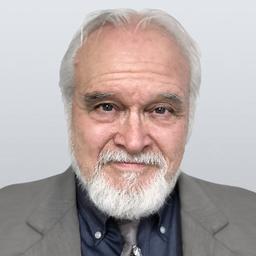Ignat Solzhenitsyn is a man divided. And that’s a good thing.
“I felt I was already split in two halves as both pianist and conductor. But now there is this other half,” said the 50-year-old musician.
The “third half” of Solzhenitsyn’s life is his dedication to finishing the English translation of his father’s complete works. His father, Aleksandr Solzhenitsyn (1918–2008), was one of the 20th century’s most important writers: Nobel Prize-winning author of the three massive volumes of the “Gulag Archipelago,” his book about the gulag forced labor system—which included intimate reflections on the eight years he spent in a gulag prison—as well as such novels as “One Day in the Life of Ivan Denisovich,” “Cancer Ward,” and “In the First Circle.” The elder Solzhenitsyn’s crime: expressing in a private letter some doubts about Stalin’s decisions at the end of World War II. Only Stalin’s death in 1953 kept him from spending the rest of his life in the Soviet prison system, which Solzhenitsyn christened “the gulag archipelago.” In 1970, the Nobel committee awarded him the literature prize, commending his work “for the ethical force with which he has pursued the indispensable traditions of Russian literature.”
Young Dreams
Solzhenitsyn’s accomplishments loom so large that it must have been daunting for young Ignat to pursue his own, separate artistic dreams. But he did, and with his family’s full support. He recalls having walked into his father’s study and hearing Beethoven on the record player. He was mesmerized, and his father, rather than shooing Ignat out the door, listened with him as the music unfolded. The family had recently moved into a Vermont farmhouse that came with a baby grand piano. Lessons ensued.
“That was my first conscious discovery of music, but I’m told that when I was not even able to walk yet, I would stand by the record turntable, holding on to it and listening to the LPs playing. When the music stopped, I would throw a fit until it started again,” Ignat Solzhenitsyn said.






